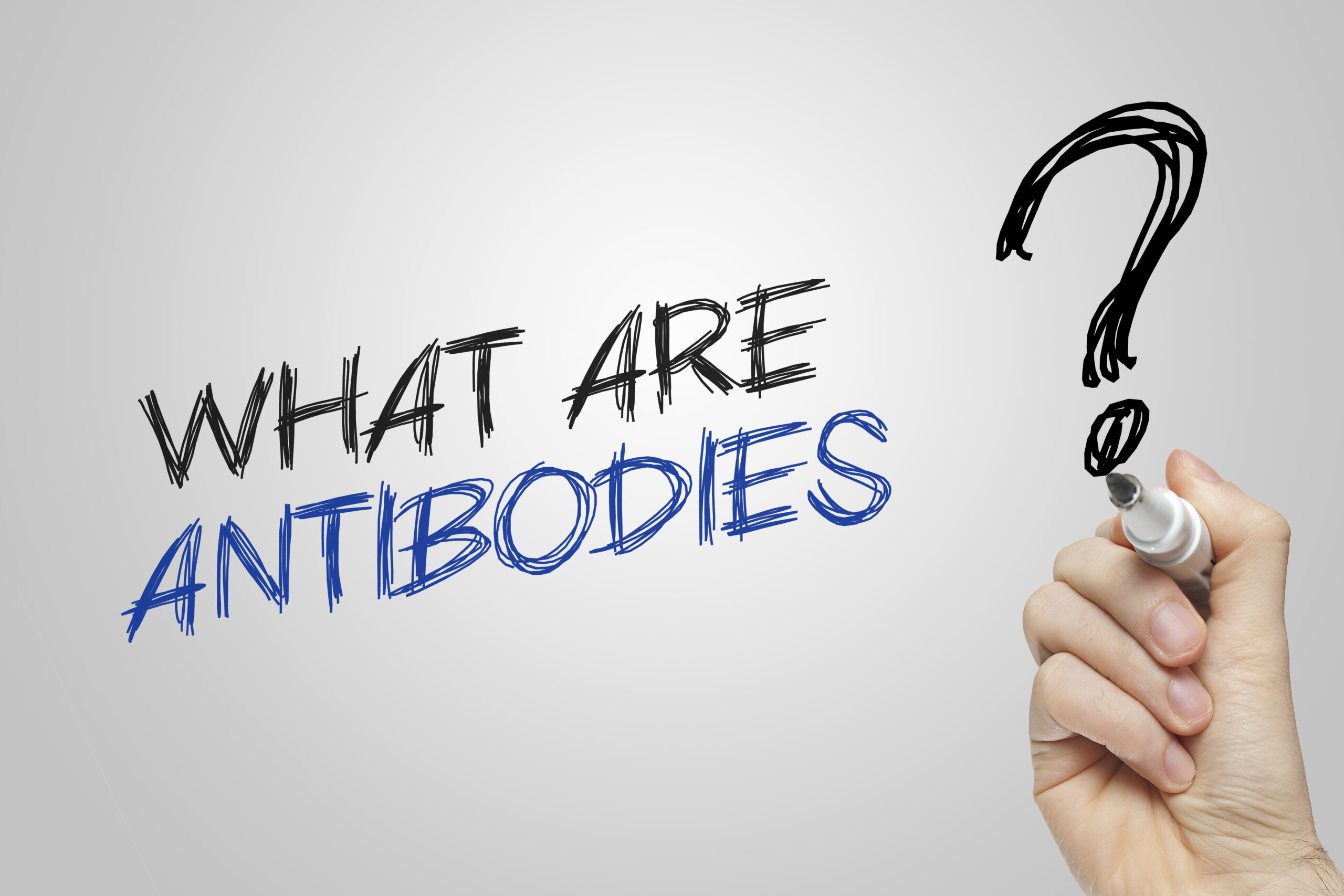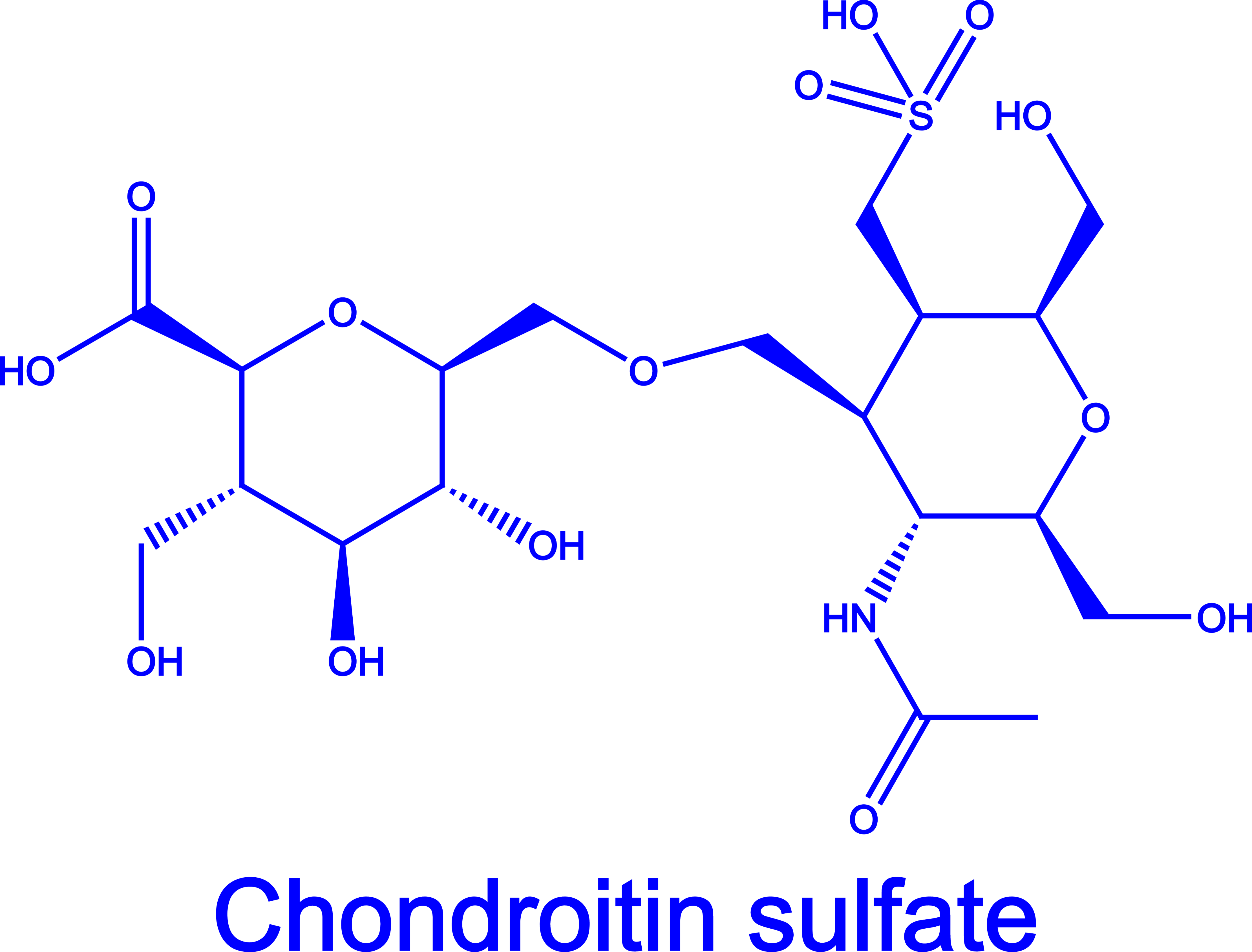They’ve been a hot topic over the last few years, and for good reason. Learn what antibodies are plus the important role they play in immunity.
If you’ve been focused on staying healthy over the last few years, you’ve probably heard the word “antibodies” quite a lot. That’s because they’re a pivotal part of your immune system and of any immune response (allergic reactions, fighting off viruses, overcoming infections, etc.). Think of it this way—if macrophages are the deadly super spies of the immune system, antibodies are their weapons.
These Y-shaped proteins are so essential to your overall health and wellness, that too little or too many of them can cause major issues. Too few means you’re at greater risk of developing infections, while too many can be a sign of allergies or autoimmune issues. It’s your classic, “can’t live with them, can’t live without them” scenario.
Read on and to learn more about antibodies and the important role they play in keeping you safe and healthy.
What are antibodies?
Antibodies, also known as immunoglobulin (Ig), are produced by specialized white blood cells called B-lymphocytes. When an antigen (bacteria, viruses, microbes, allergens, etc.) attaches itself to the outside of these white blood cells, it triggers a cascade of responses.
First, these white blood cells will divide and transform into plasma cells. These new plasma cells will then release antibodies to circulate through the circulatory and lymphatic systems in search of the antigen source.
Why are antibodies important?
Once antigens locate foreign proteins, they’ll attack and neutralize them to stop further damage. However, each antibody can only neutralize one specific type of antigen depending on its shape.
As we said earlier, antibodies are Y-shaped proteins. They consist of four polypeptides with two light chains on either side of the Y arms, and two heavy chains on the bottom staff of the Y shape. These four polypeptide chains are connected by disulfide bridges, and at the tip of each arm are antigen-binding sites. The shape of these antigen-binding sites is specific to the type of antigen it’s targeting.
If parts of an antigen fit into the antigen-binding site on an antibody, the antibody “recognizes” that particular antigen, binds to it, and stops it from causing additional damage elsewhere. Plus, since each antibody has two arms with binding sites, each antibody can bind with two similar antigens simultaneously. That means each antibody has the potential to stop two antigens.
Additionally, antibodies might not do the exact same thing depending on their target. LiveScience says sometimes they’ll directly neutralize an antigen, but other times they’ll “tag” it so other killer cells know to remove it. Sometimes they’ll coat an antigen (usually bacteria or a virus) until macrophages arrive to destroy it. It all depends on the antigen and antibody in question.
How antibodies impact immunity.
Because an antibody is created to neutralize a specific antigen you’ve encountered, that means antibodies are part of the acquired immune response.
However, an infant may receive protection from certain antigens through their mother’s placenta in utero and even through breast milk after they’ve been born. Unfortunately, according to the National Health Service UK, this type of “Immunity in newborn babies is only temporary and starts to decrease after the first few weeks or months.”
It’s also important to note that there are millions of different antibodies. While they’re all relatively similar in shape, small differences in their antigen-binding sites mean that different antibodies can bind and neutralize different antigens.
What are the different types of antibodies?
There are five different types of immunoglobulin isotopes. If you don’t have a medical degree, that just means each of the different antibodies falls under one of five different categories.
IgM Antibodies
These antibodies are created once B-cells identify some type of antigen. They quickly make their way to the antigen source to provide as much protection as possible. Additionally, they trigger the creation of another type of antibody—IgG antibodies.
IgG Antibodies
These antibodies tend to hang around quite a bit longer than IgM antibodies. They’ll stay in the circulatory and lymphatic system for some time to continue fighting off antigens.
IgA Antibodies
IgA antibodies help stop antigens before they even cause problems. That’s because they’re often located in bodily fluids like sweat, saliva, and tears. So, if you eat something with bacteria in it, IgA antibodies will encounter it quickly and take care of it asap.
IgE Antibodies
While the presence of any antigen can stimulate IgE antibodies, allergens are the most common culprit. Whether it’s pollen, peanuts, or cat dander, IgE antibodies will react swiftly and tell your immune system to trigger an allergic reaction (runny nose, rash, etc.).
IgD Antibodies
Scientists are still learning the exact function of this particular antibody, but they do know it “functions as a B cell antigen receptor and may participate in B cell maturation, maintenance, activation, and silencing.”
Why antibodies are important for fighting immune diseases.
Every once in a while, the immune system becomes overactive and ends up causing more problems than it fixes. For the most part, our immune systems are very good at identifying foreign proteins and ignoring our innate cells. Unfortunately, that’s not always the case, particularly for those with autoimmune diseases.
If something goes a bit haywire, T-cells are supposed to cross-check any targets the immune system is unsure about. If both B-lymphocytes and T-cells recognize something as “foreign,” then an immune response will trigger. When this cross-check fails, however, B-cells may produce autoantibodies. These are essentially just antibodies that can’t distinguish between foreign cells and “domestic” cells. This can result in autoimmune or other disorders.
According to the American Autoimmune Related Diseases Association, there are more than 100 different autoimmune disorders. If your doctor suspects you have an autoimmune disease, they will likely order an immunoglobulin test. This test checks for certain antibodies, which may provide helpful diagnostic information.
How can you support immune health?
You’ll notice we didn’t say, “How to BOOST Immunity.” While you’ve probably seen lots of ads with phrases like “Boost Immunity” or “Strengthen Immunity,” having an immune system that’s too strong can cause more problems than it fixes.
That’s why, when it comes to your immune system and its various parts (including antibodies), it’s less about boosting and more about balancing and supporting. Plus, exposing yourself to antigens in the hope that it will trigger the production of additional antibodies is…risky.
However, if you’re looking for ways to provide additional immune support, we have lots of helpful tips here. Healthy habits you maintain long-term are the best way to provide immune support, but quick things (sneaking in an extra nap, extra hydration, etc.) can help in the short term.
A nutritional beta-glucan supplement with immune-supportive ingredients can also do wonders both now and in the future. Ingredients like beta-glucan support immunity by influencing immune receptors and stimulating neutrophils, T-cells, monocytes, macrophages, and dendritic cells. Considering the important role those cells play in your immune responses, we’d say that’s a pretty big deal.
Stay informed and healthy!
We hope this information has given you a better understanding of what antibodies are and how they keep you safe and healthy. While this topic can seem pretty dense, we want to provide easy-to-understand information so you can make informed decisions when it comes to your health.
If you’re interested in learning more about health and wellness, be sure to join the Haka Life Tribe down below by subscribing to our weekly digest.
Every body may be different, but everybody deserves health and wellness.


















